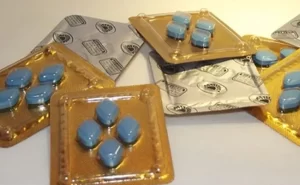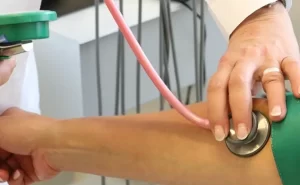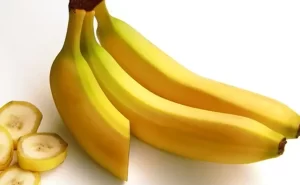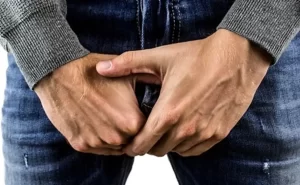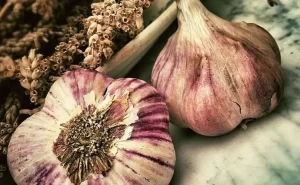The Benefits of Changing Your Diet for Hypertension
If you want to reduce the quantity of medicine, you take to treat high blood pressure, changing your diet may help. Counting calories is an excellent way to handle food intake because many overestimate their needs.
The retention of extra water by the body makes salt one of the major contributors to hypertension. As much as sodium in the diet can raise blood pressure, water is essential to life.
If you know that you overeat every day, it’s time to reconsider the quantities of your favorite foods. Additionally, alcohol use might elevate blood pressure; therefore, reducing your intake is recommended. Additionally, watch how much salt you put into your food.
Potassium is well-acknowledged as essential for lowering high blood pressure through diet. This mineral helps the body get rid of excess sodium by relaxing the walls of blood vessels. Protecting against irregular heartbeats is another benefit of keeping your potassium levels stable.
Foods High in Potassium
Since many medications used to treat high blood pressure have the unwanted side effect of lowering potassium levels, foods high in potassium are crucial. Bananas, prunes, apricots, sweet potatoes, and lima beans all contain high amounts of potassium.
Reduce your intake of processed, canned, and packaged foods, and go for seasonings without added salt. Adopting a heart-healthy diet that includes low-sodium options is something else to consider. The blood pressure-lowering effects of dietary changes are cumulative.
Incorporating a High-fiber Diet and Regular Exercise into Your Daily Routine
Drugs may help with hypertension control, but they don’t do anything about the underlying causes. In other cases, a genetic predisposition lies at the root of the problem. Incorporating a high-fiber diet and regular exercise into your daily routine will help you alter your genetic makeup and lower your blood pressure. This is very important in the fight against heart attacks and strokes. In addition, an effective high blood pressure diet can aid in weight loss, stress reduction, and overall health improvement.
You should restrict your salt consumption. The recommended daily allowance is 1,500 milligrams, equivalent to half a teaspoon. One teaspoon of salt is the same size as a Panera turkey and cheese sandwich.
Salt induces fluid retention, which in turn raises blood pressure. Having a proper amount of salt in your diet is essential for maintaining equilibrium. Reducing or eliminating salt from your diet has positively affected blood pressure and overall health.
One of the best strategies to lower high blood pressure is to increase your intake of fruits and vegetables. Limiting alcohol consumption can also help reduce blood pressure. Alcohol use causes hypertension, a disease associated with too much alcohol.
Since alcohol consumption is also associated with elevated blood pressure, cutting back to once daily may be necessary. But since alcohol consumption has been linked to high blood pressure, limiting your intake is advised.
High Blood Pressure Diet
Throughout the day, your blood pressure will generally rise and fall. Medical professionals call hypertension to have blood pressure that is persistently greater than the normal range. However, ignoring it can lead to severe consequences. Good news: a High Blood Pressure Diet can help you control your blood pressure without medication or surgery.
You can track your systolic and diastolic values if your blood pressure is frequently measured. If you have signs of hypertension, you should talk to your doctor about a high blood pressure diet.




